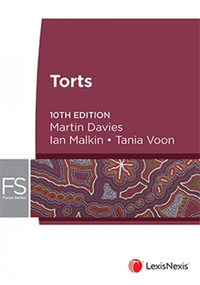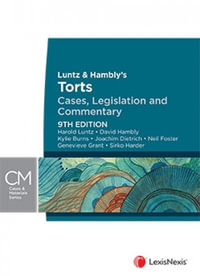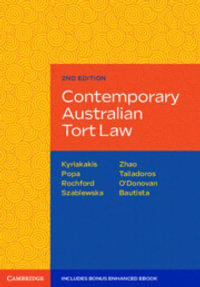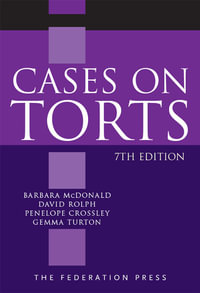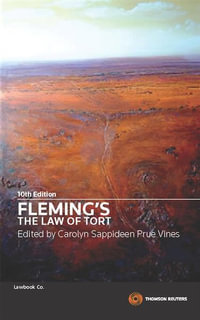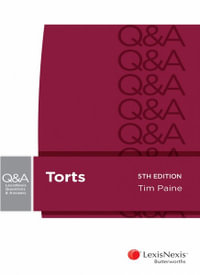The relationship between science, law and justice has become a pressing issue with US Supreme Court decisions beginning with Daubert v. Merrell-Dow Pharmaceutical. How courts review scientific testimony and its foundation before trial can substantially affect the possibility of justice for persons wrongfully injured by exposure to toxic substances. If courts do not review scientific testimony, they will deny one of the parties the possibility of justice. Even if courts review evidence well, the fact and perception of greater judicial scrutiny increases litigation costs and attorney screening of clients. Mistaken review of scientific evidence can decrease citizen access to the law, increase unfortunate incentives for firms not to test their products, lower deterrence for wrongful conduct and harmful products, and decrease the possibility of justice for citizens injured by toxic substances. This 2006 book introduces these issues, reveals the relationships that pose problems, and shows how justice can be denied.
Industry Reviews
Review of previous edition: '[Carl F. Cranor's Toxic Torts] makes clear why he is the best-qualified philosopher to address the complex issues raised by toxic tort cases. I know of no other book that can match its scope and depth of treatment of the philosophical, scientific, and legal issues.' Douglas Maclean, University of North Carolina, Chapel Hill
Review of previous edition: 'This carefully documented book should be required reading for all judges who deal with tort law and for law students or lawyers planning to specialize in the defense of citizens who claim they have been harmed by drugs or toxicants. It should also be read by chemistry students who are interested in the societal problems sometimes created by the production and use of chemicals. No other book that I have encountered so carefully delineates the great gulf between the science of toxicology and what is now happening in the judicial system.' Bette Hileman, Chemical and Engineering News
Review of previous edition: 'Carl F. Cranor has achieved the almost impossible goal of a learned, readable, and exciting book on the torturous interactions between law and science in tort litigation. For a scientist, his analysis of case law in this field is exceptionally informative and provocative.' Ellen K. Silbergeld, The Johns Hopkins University
Review of previous edition: '[T]he value of this book for those in law is its scientific orientation from beginning to end. Cranor provides lawyers and judges with the crucial understanding of how science works by explaining how studies are conducted, how evidence is integrated, and how inferences are made. ... Toxic Torts deserves the attention of judges, lawyers, and legal scholars ... compelling and timely ... an insightful and important addition to the literature ...' David S. Caudill, University of Villanova School of Law
Review of previous edition: 'Cranor's book is an excellent book and a must read for anyone who is trying to engage with the science/law interface in any context. [It is] ... concerned with detail ... the details of the cases, the science and the reasoning. ... He wants both lawyers and scientists to think hard about what they do. ... Toxic Torts [is] a paradigm of taking an intelligent and methodological approach to the science/law interface.' Liz Fisher, University of Oxford
Review of previous edition: 'Cranor's insightful discussions of science and law as it is seen by the Courts in toxic tort litigation is a 'must read' for scientists in toxicology, epidemiology, and pharmacology.' Eula Bingham, University of Cincinnati
Review of previous edition: 'Carl F. Cranor's exceptionally lucid analysis of science in regulation and litigation reveals brilliantly why circumstantial evidence currently can convict a dangerous person but not a toxic chemical.' Sheldon Krimsky, Tufts University, Massachusetts

